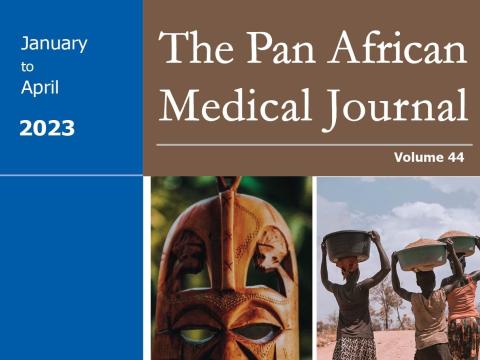New World Vision Zambia Study published in Panafrican Medical Journal Examines Factors Impacting Health Care Seeking for Under Five Children in Zambia

A recent study done by World Vision Zambia has shed light on the factors impacting health care-seeking behaviour for acute respiratory infections (ARI) and fever among children under five in Zambia.
The study, which was published in the Panafrican Medical Journal, aimed to identify the predictors of appropriate care seeking for ARI and fever in order to help policymakers improve health outcomes for children in the country.
The results of the study showed that the prevalence of fever or ARI in children under five was 22.9%, with ARI accounting for 12.9% and fever accounting for 13.4%. The study found that educational status and non-participation in positive deviance hearth (PDH) were significant predictors of appropriate care seeking for ARI or fever.
Children whose household head had secondary education or higher were 4.5 times more likely to seek care than those whose household head did not have any education.
Among those with ARI, the study found that educational status, women's empowerment in decision-making, and growth monitoring and promotion (GMP) were significant predictors of appropriate care seeking. For fever, only GMP was found to be a significant predictor.
The study's findings are particularly important given the high rates of under-five mortality in Zambia, where pneumonia and malaria account for 20% of deaths in this age group. By identifying the factors impacting health care seeking behavior for ARI and fever, policymakers can take steps to improve health outcomes for children in the country.
Read more on the study here:
https://www.panafrican-med-journal.com/content/article/44/125/full/